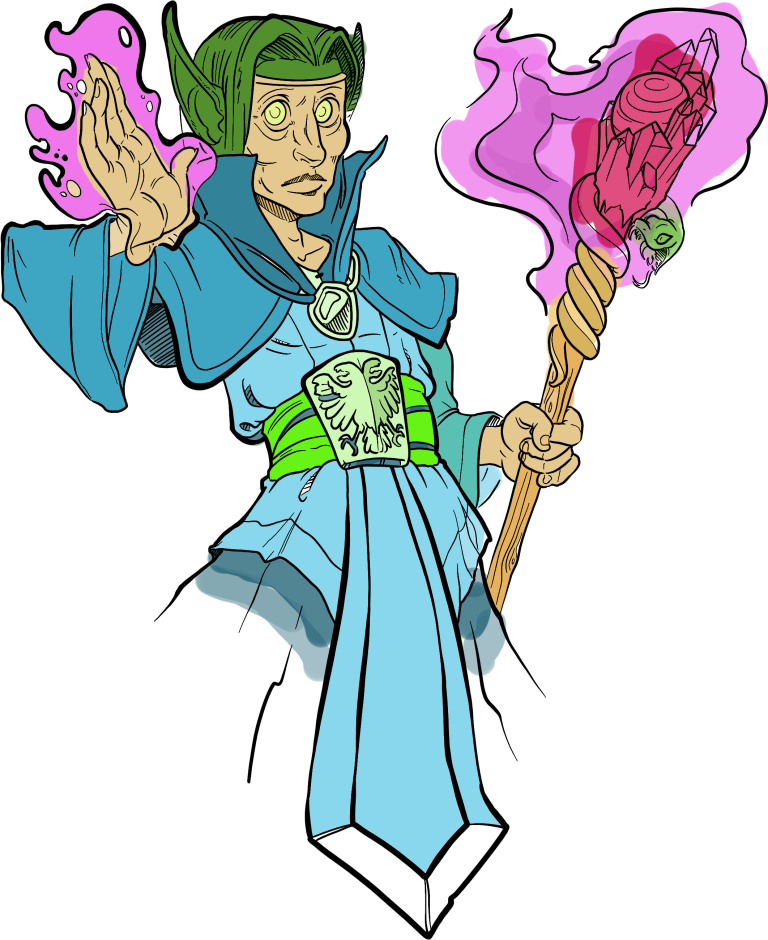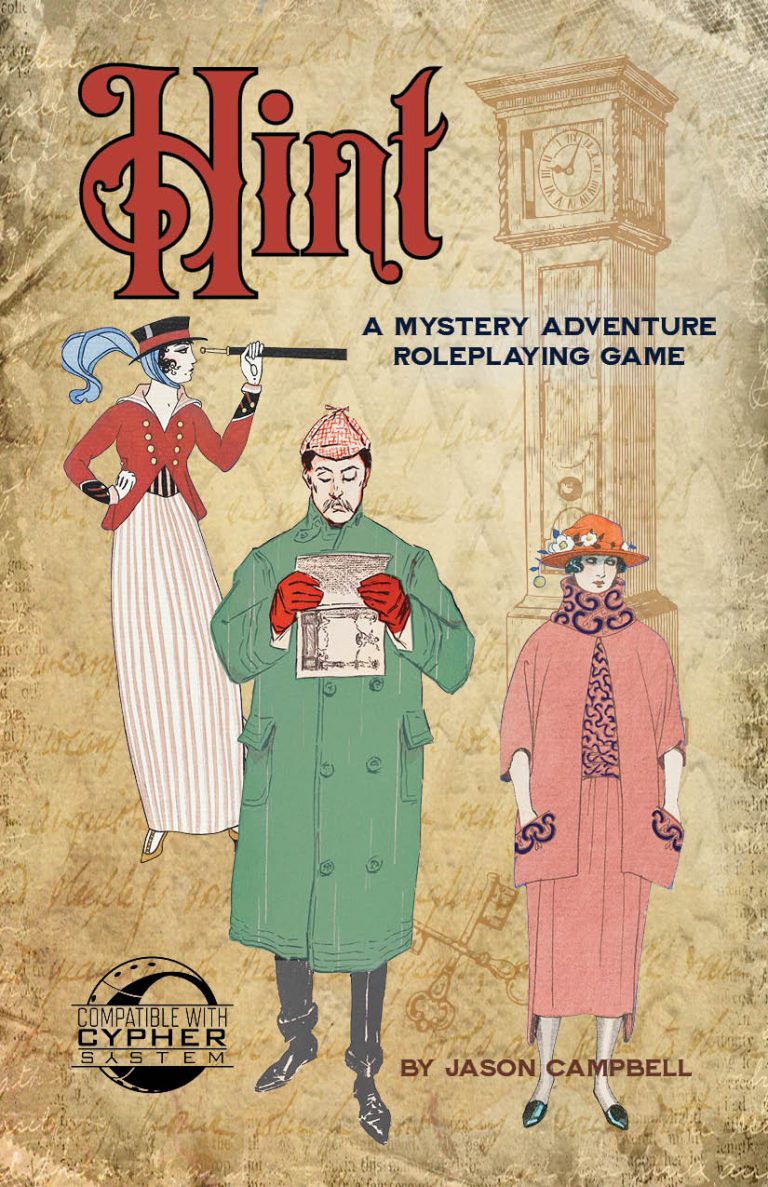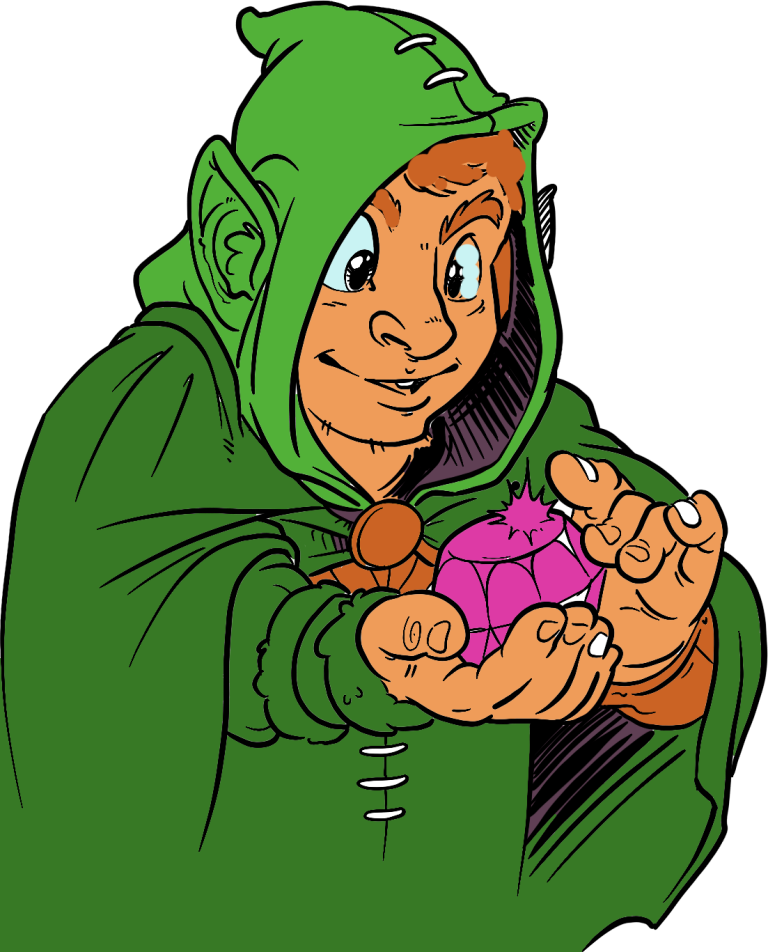Based on the feedback I’ve seen, being a new Dungeon Master is one of the most intimidating things you can do. But it doesn’t really need to be that way. Here’s some of the basics that will help you DM your first adventure.
Buy an adventure for beginning DMs and players. I LOVE writing my own adventures and campaigns, as you’ll see on this site, but the first time you DM it will be better for you to lean on those ho have more experience. You can find many short adventures for purchase at http://www.dmsguild.com. I suggest you do this read it and then run that first adventure.
KNOW that there’s no “right” and “wrong” as far as the rules go. There i only having fun and not So get accustomed to the basics of the rules, but you don’t need to memorize everything. When you get into trouble, don’t spend forever figuring out the rules. just go with a ruling that sounds like it makes sense. You can figure it out later and the players will be happy you kept the plot flowing.
Skills:
First, skills are not magic spells. If a character is determined to kill the heroes, no amount or “persuasion” will convince them otherwise.
Second: The players should act, doing anything they can imagine, and not worry if they are “trained” in a skill. They are in no way limited to the few skills that they are proficient in, or even those listed. As the DM if you believe there’s a chance for an action to work, determine which skill would align to that action and assign a DC.
“I look in the corner of the bookcase to see what’s behind the books”
“OK, make an investigation roll” (to see if they find the secret scroll hidden there.)
Combat: (don’t be scared, it’s not hard)
– Determine if either party has surprise.
– Each character rolls for initiative. At this point the higher initiative rolls gets their turn first, and then go in order of initiative roll from high to low..
– For each turn the characters get
Move
action (attack or other action)
Reaction (usually not at low levels)
Bonus action (usually not a thing for lowest levels, but may be fore rogues or casters.
NOTE: the previous four parts can be rearranged for any turn, so a character could potentially use a bonus action, then act, then move.





